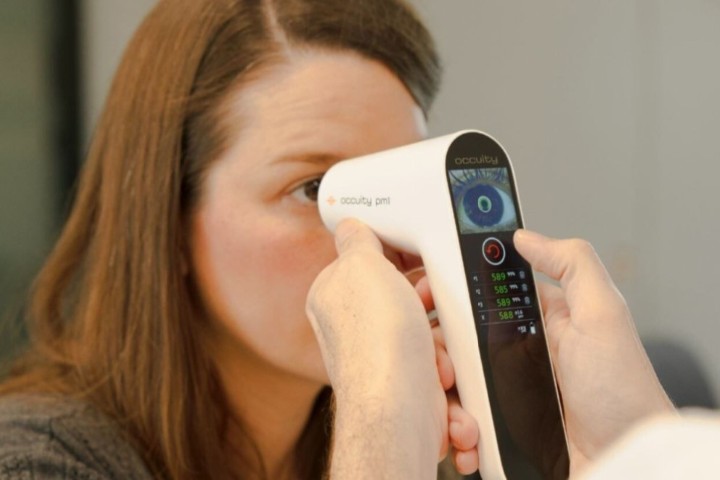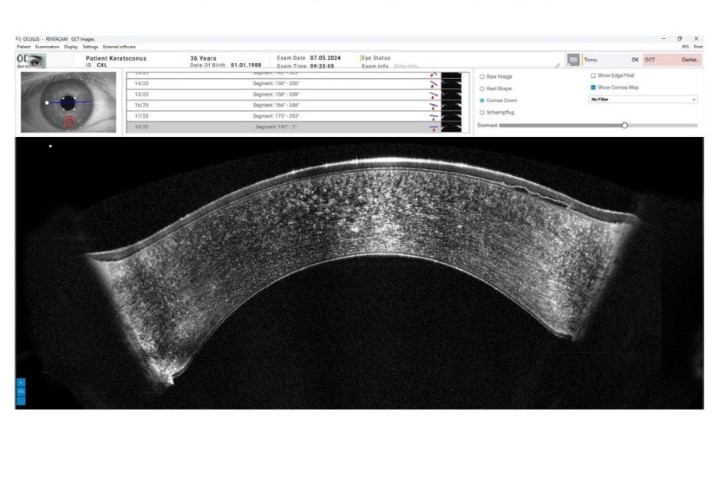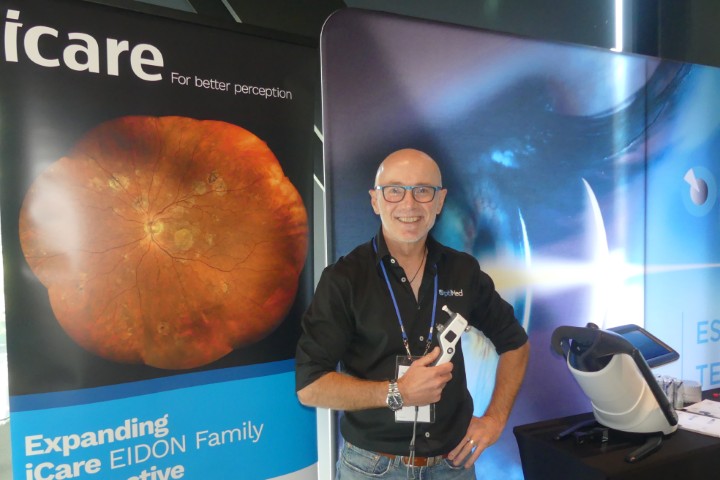Poor diet leads to AMD
A University of Buffalo study supports existing evidence that a healthy diet can reduce the risk of developing late age-related macular degeneration (AMD) and slow its progress.
Published in the British Journal of Ophthalmology, the study found participants on a Western diet, defined as high in consumption of red and processed meat, fried food, refined grains and high-fat dairy, were three times more likely to develop late-stage AMD. Researchers did not find the Western diet to be associated with development of early AMD.
Authors studied the occurrence of early and late AMD over approximately 18 years. Analysing the data from 66 different foods, which participants self-reported consuming between 1987 and 1995, two patterns best explaining the greatest variation between diets were identified: Western and what researchers refer to as ‘prudent’ (healthy) diet.
“What we observed in this study was that people who had no AMD or early AMD at the start of our study and reported frequently consuming unhealthy foods were more likely to develop vision-threatening, late-stage disease approximately 18 years later,” said senior author Associate Professor Amy Millen.
“Our work provides additional evidence that diet matters,” A/Prof Millen said. “From a public health standpoint, we can tell people that if you have early AMD, it is likely in your best interest to limit your intake of processed meat, fried food, refined grains and high-fat dairy to preserve your vision over time.”























